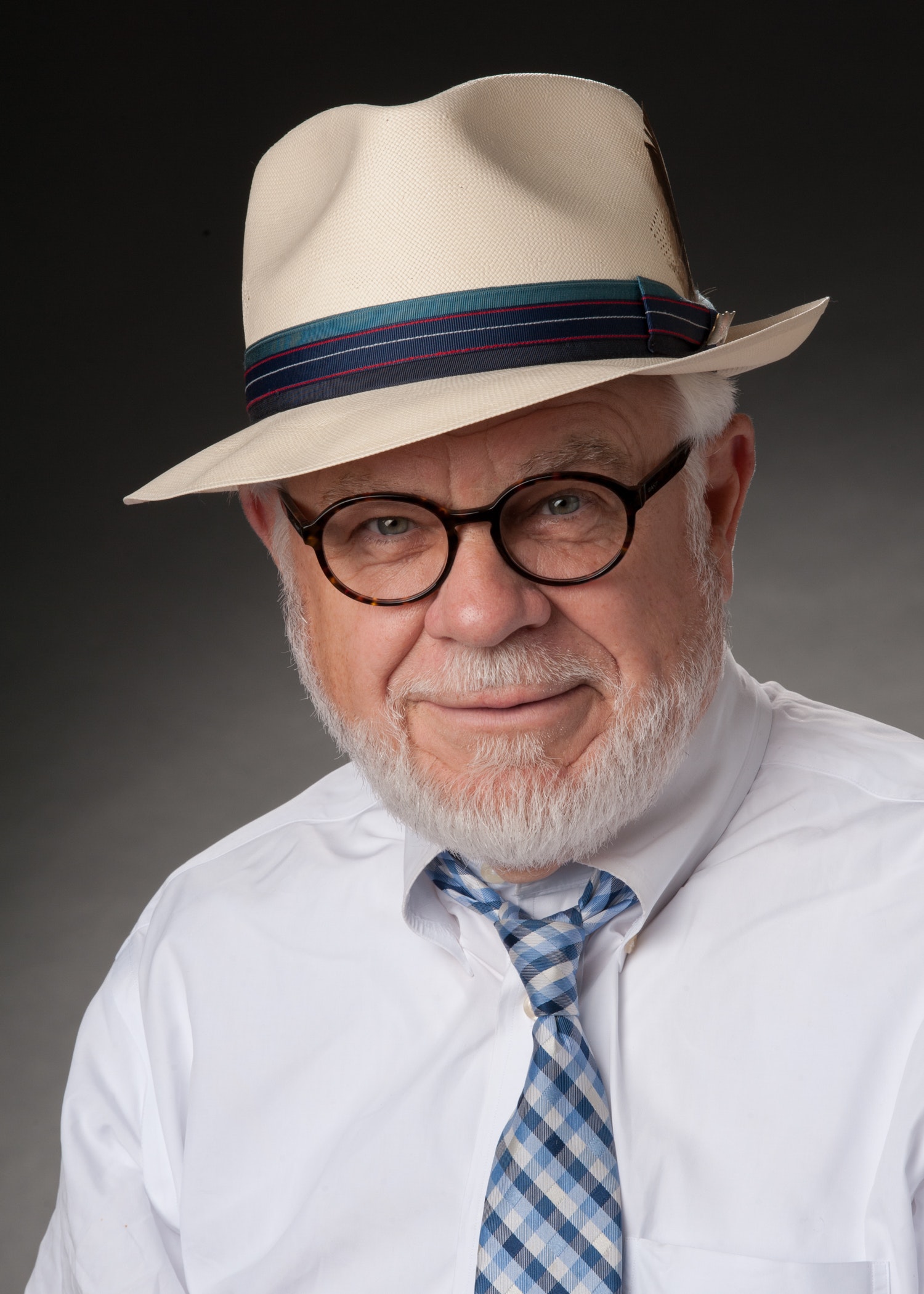Citizens apt to open up in casual contact
It’s a classic cinematic trope found in hundreds of movies: the neighborhood cop patrolling his beat, mingling with the public, greeting and talking to shopkeepers and citizens and maybe being treated to a free apple from the local fruit cart.
That casual relationship between law enforcement and the citizenry still exists locally in the form of community liaison officers (CLOs).
Cpl. Adrianne Hall is the community liaison officer for City Council District F in Shreveport. “We interact with the public, and we have conversations one-on-one with the public when they call us and want us to schedule an appointment,” she said.
CLOs occasionally conduct a “grassroots walk” in which police officers will knock on doors in a neighborhood to ask residents if they have any particular concerns they need the SPD to handle for them. “We’ll pass out flyers, and a few days later we’ll have what’s called a Party with a Purpose.
“What Party with a Purpose does, we provide information or all the things that they want to know — the crime in the area, how we can prevent crime in the area, starting a neighborhood watch and all that type of information,” Hall said.
Citizens are more apt to open up and communicate with officers during these grassroots walks. “We get a lot of information from these grassroots walks and Parties with a Purpose,” she said.
But citizens don’t have to wait for a special grassroots walk to take place to communicate with their CLOs. “We don’t sit around waiting for someone to call,” Hall said. “We’re very visible in the neighborhoods and the community. If a person doesn’t know their CLO, it probably means they’re not at home that much because everybody in my community knows who I am. I’m very visible. I provide my phone number, I have a Facebook page, I update things all the time. So it’s not like we wait around for calls. We get out there and kind of make it happen and make ourselves known to the community.”
With social media such a prevalent element in our society and citizens scrutinizing and commenting on the tiniest matters when it comes to such topics as law enforcement, does that make an officer’s job harder to do?
“No,” Hall said. “If you’re doing what you need to do and you’re doing it correctly, social media has no impact on what you’re doing. If you’re a good person and you’re going out here to truly help and truly do what you need to do as a police officer, it shouldn’t have any type of impact.”
How do CLOs handle a situation in which a citizen is afraid to talk to the police, for example, if they are in fear of retribution? Hall said when someone is apprehensive about communicating with the police, “that’s when them at ease.”
“We don’t just come to you to arrest somebody,” she said. “We do other things. We have camps where we can teach your kids how to fish and teach them how to play basketball. We have a girls’ camp, we have a boys’ camp. We teach them self-esteem. So there’s many other outlets of the police department other than just arresting (people).
“So once you let them know that and once they get to know you as a person — hey, we’re all human we just go from there.”
Hall said she is out interacting with the community every day. “If I see a group of people sifting outside, elders or kids, I’ll get out of my car and start talking. If I don’t know that group of people, I will introduce myself to let them know, hey, I’m your community liaison officer, and just go from there. You can build bonds that way.”
Since the CLO program was established at the Shreveport Police Department, has it changed or adapted itself in any way over the years? Not really, Hall said.
“It hasn’t changed much of the last few years other than us being on social media. We have that outlet now. But other than that, everything stays the same. We’re still out in the community.’
And the citizens are “very responsive” to their presence on social media. People often use that avenue to reach out and communicate with their CLOs to voice their concerns or to meet.
THIS ARTICLE WAS PUBLISHED IN THE February 14 ISSUE OF THE INQUISITOR.
